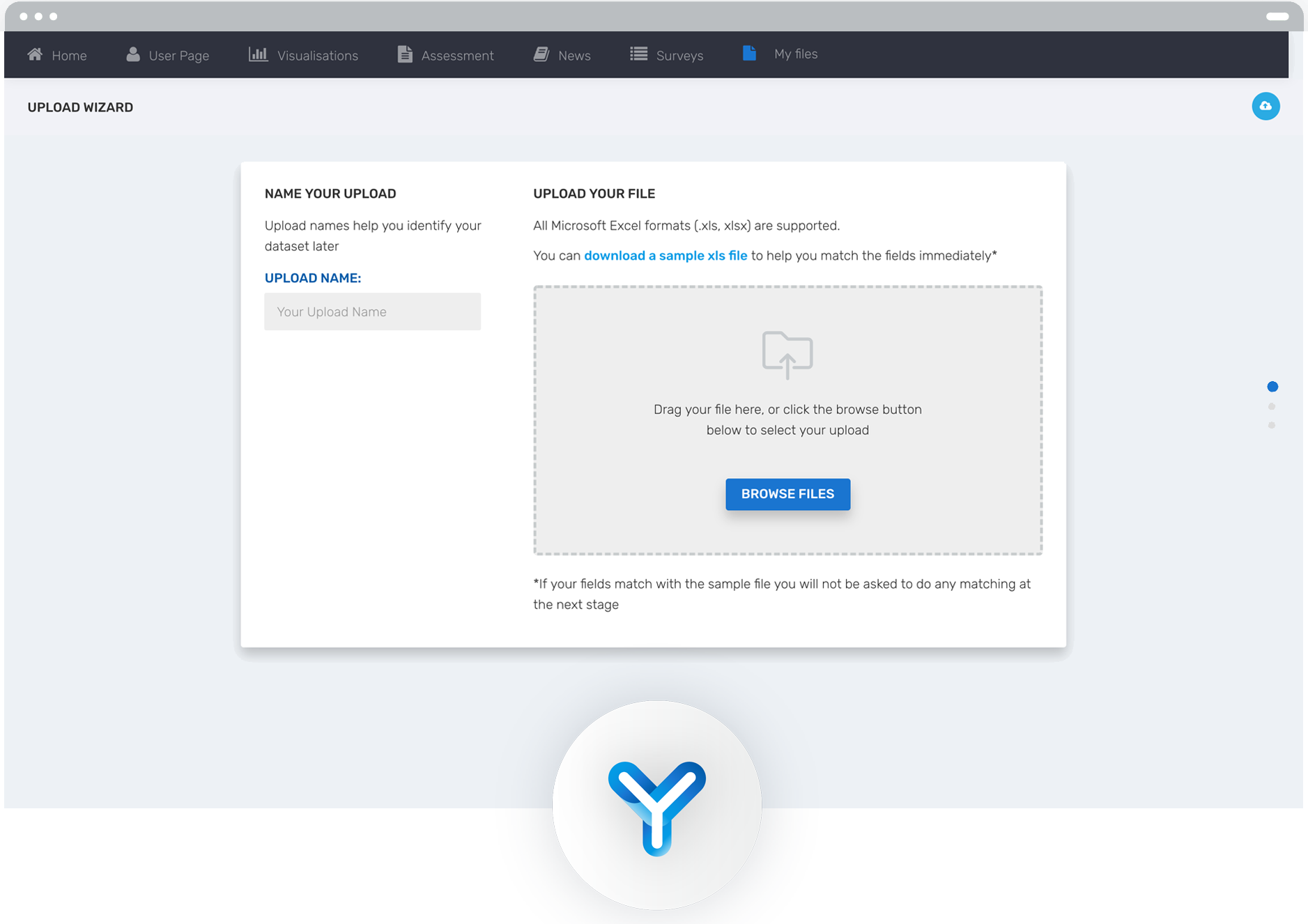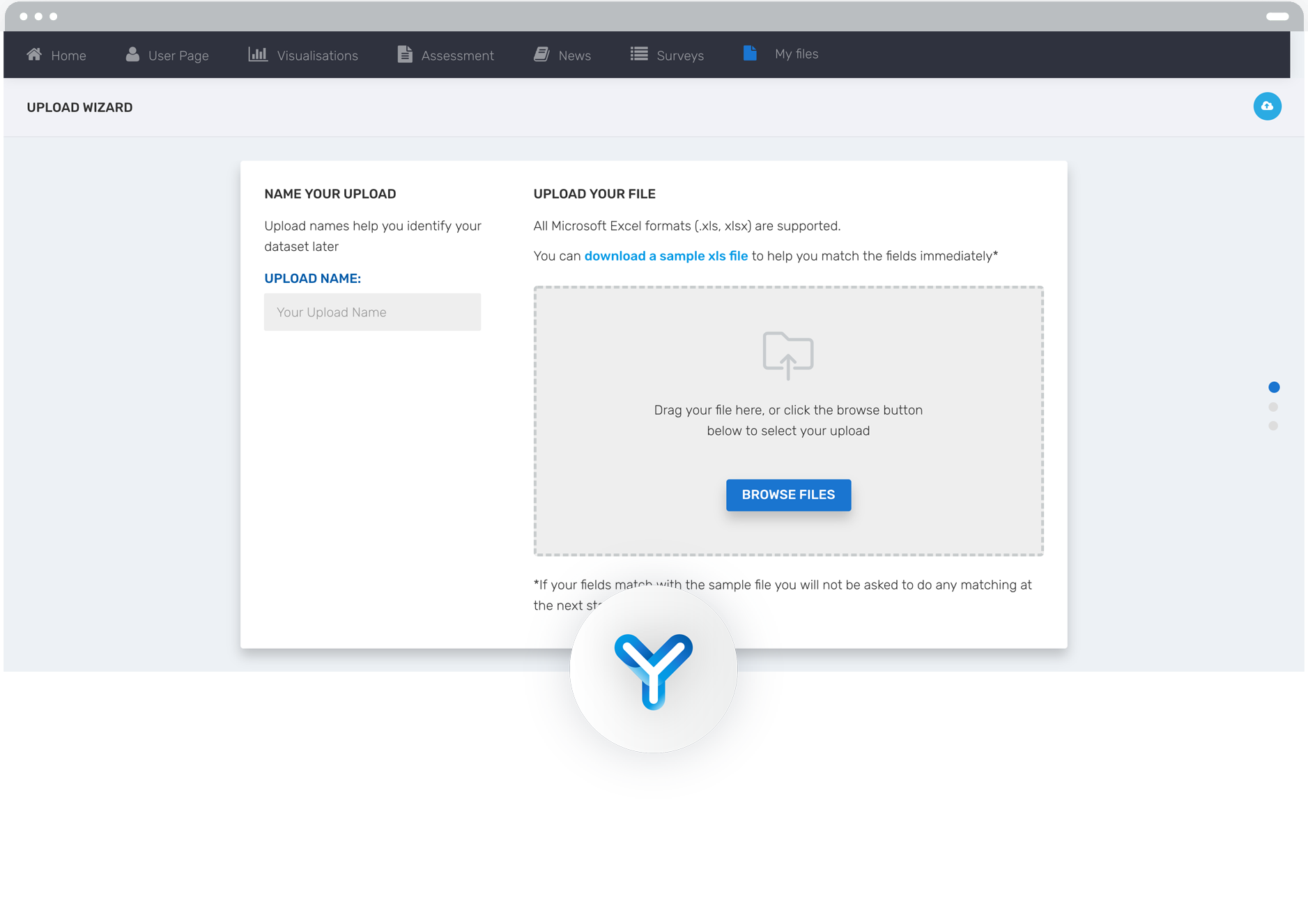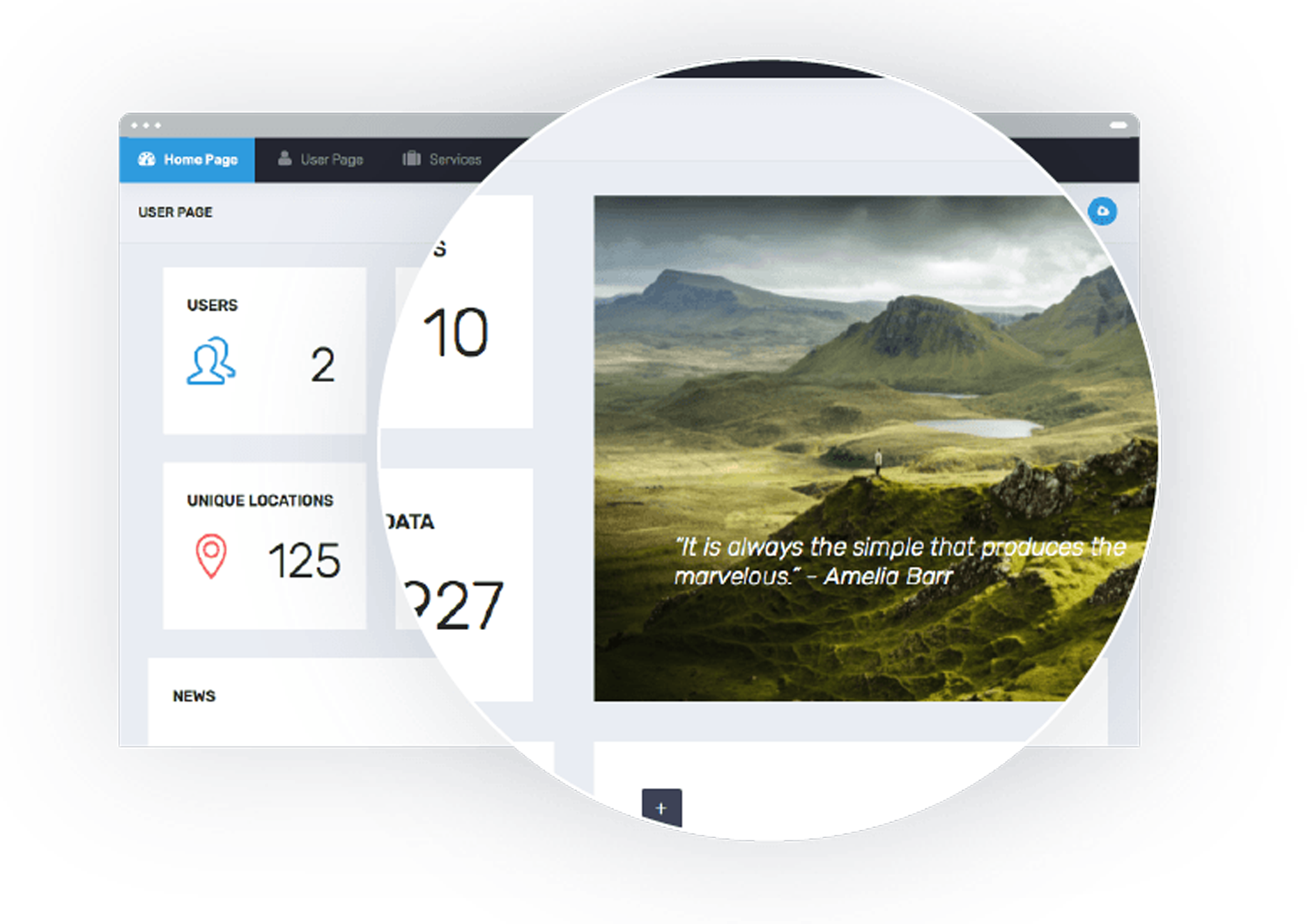Improving the quality of your data, it means improving the quality and accuracy of your decisions
Go to Ginus.ai
At scrm-centre, we have developed a user-friendly platform that will save you time from
a) data cleansing and validation,
b) geocoding, data enrichment and
c) data integration from multiple sources into single standardised reports.
Save manhours, improve reporting accuracy, and reduce RISK in your end-to-end supply chain decision making.
Select a data file in xlsx or csv format, drag-&-drop to the right area, and click to proceed. You may also use our API interface to link your system and standardise or automate the uploading process, in a secure and safe manner.


Uploading Data – Select a data file in xlsx or csv format, drag-&-drop to the right area, and click to proceed. If you want to automate this process with our API, please contact us.

Create single reports from multiple internal or external sources, such us owned factories, suppliers or logistics providers. Use our platform to integrate missing data, and develop more accurate reports.
Your data are clean, geocoded, standardised, enriched, ensuring that your reports & projects, hence your decisions will not be skewed or influenced by errors. You may find below more explanations on our definitions:
Everyone has data, but only few have accurate and cleansed data meeting their actual needs.